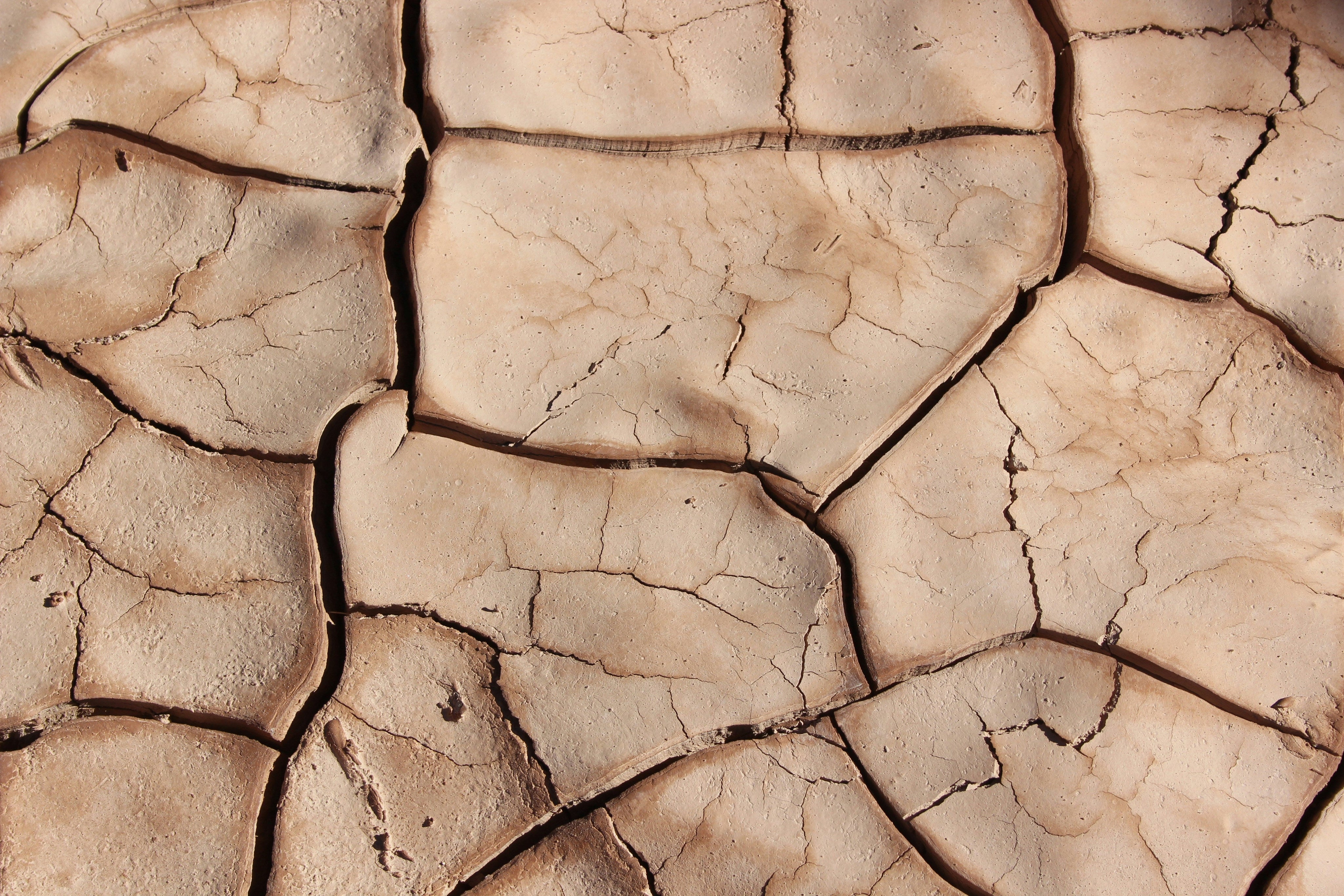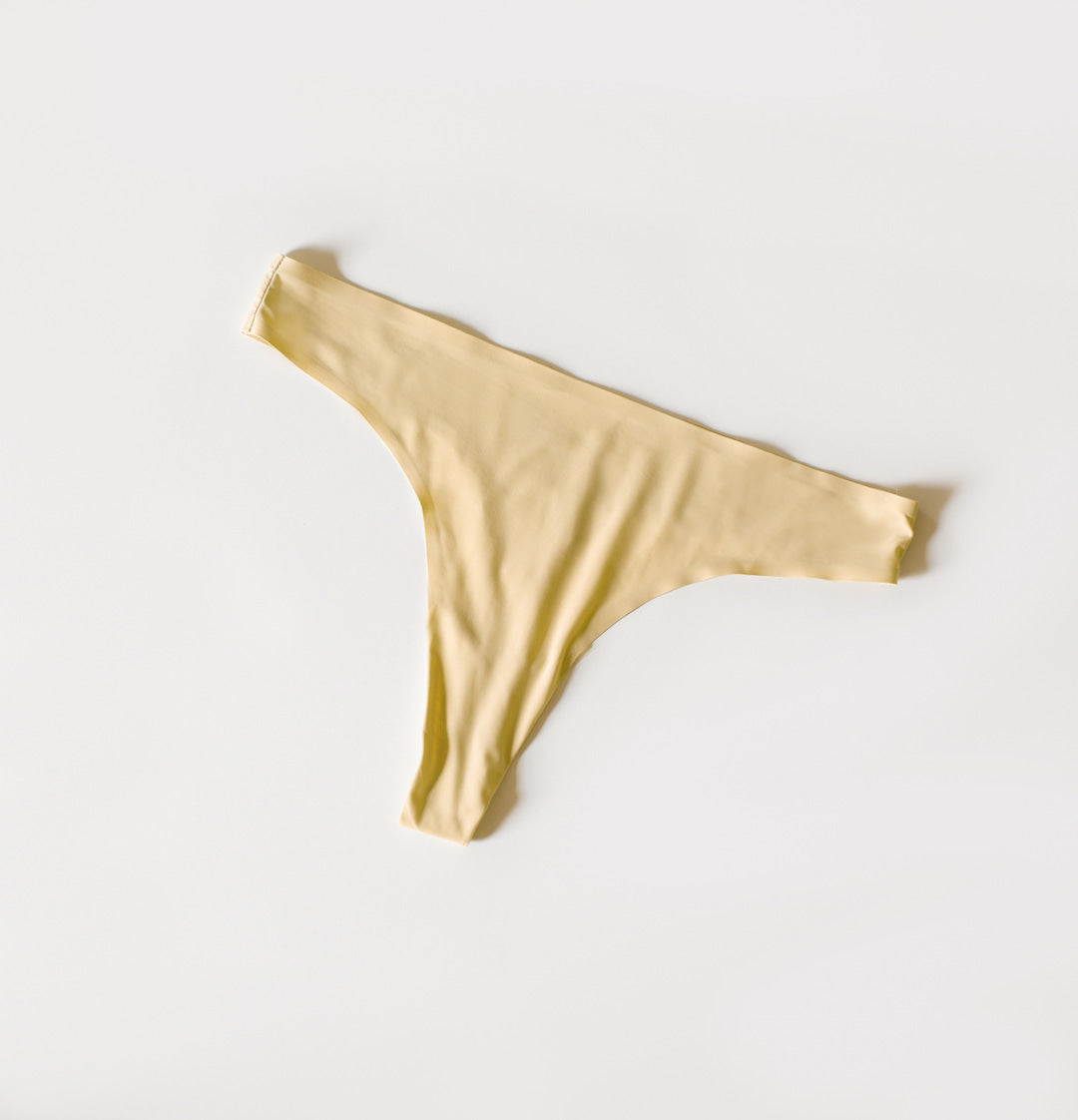If you’ve found your way to this post, chances are you or someone you love has been impacted by lichen sclerosus—a condition that isn’t often talked about, but deeply affects the women who live with it every day. First off, you’re not alone. And second, we’re so glad you’re here.
At Bona Dea Naturals, our mission has always been rooted in providing natural, effective support for women navigating intimate health concerns. Lichen sclerosus is one of those conditions that can feel overwhelming, frustrating, and even isolating. Today, we want to break down what it is, why it happens, how it relates to other health conditions like PCOS, and most importantly—what can help.
What Is Lichen Sclerosus?
Lichen sclerosus (LS) is a chronic skin condition that primarily affects the vulva and anal areas, although it can show up on other parts of the body too. The skin in these areas can become thin, white, patchy, and extremely sensitive. Common symptoms include:
-
Itching (often intense and relentless)
-
Burning or stinging
-
Tearing or pain during intimacy
-
White, waxy patches of skin
-
Skin that bruises or tears easily
For many women, these symptoms appear slowly and worsen over time. Some are misdiagnosed or told it's “just irritation” or a yeast infection. That’s one of the hardest parts—getting answers can take time, and in the meantime, your quality of life suffers.
Who Gets Lichen Sclerosus?
The truth is, anyone can get lichen sclerosus, but it’s more common in:
-
People with autoimmune disorders
-
Women with hormonal imbalances, including those with PCOS (Polycystic Ovary Syndrome)
The connection between lichen sclerosus and autoimmune or hormonal issues is still being studied, but many women with LS also report conditions like thyroid disease, lupus, or PCOS. So let’s talk about that link for a minute.
The Connection Between Lichen Sclerosus and PCOS
While lichen sclerosus and PCOS may seem unrelated at first glance, they share something important: hormonal imbalance.
Women with PCOS often deal with irregular estrogen and androgen levels. Estrogen, in particular, plays a big role in maintaining healthy vaginal tissue. When estrogen levels drop—either due to menopause or hormonal conditions like PCOS—the vulvar skin can become thinner, drier, and more prone to irritation. This can worsen LS symptoms or create an environment where the condition can thrive.
Also, both LS and PCOS are thought to have autoimmune and inflammatory components. So while one doesn’t directly cause the other, women with PCOS may be more prone to developing LS or experiencing more severe symptoms due to their underlying hormone issues.
Bottom line: If you’re dealing with PCOS and start to notice vulvar itching, dryness, or sensitivity that doesn’t go away—listen to your body. It might be more than just a yeast infection.
How Is Lichen Sclerosus Diagnosed?
Unfortunately, LS is often underdiagnosed. Many women live with symptoms for years before receiving a proper diagnosis. If you suspect LS, it’s important to advocate for yourself.
Diagnosis typically involves:
-
Visual examination of the vulva
-
Biopsy to confirm if necessary
-
Discussion of symptoms and history
Don’t be afraid to bring it up with your OB-GYN or dermatologist. You deserve answers—and relief.
How Is It Treated?
There’s currently no cure for lichen sclerosus, but it can be managed. The most common medical treatment is a high-potency topical steroid, which helps reduce inflammation and prevent further skin damage. Many women find significant relief with this approach.
However, long-term steroid use can come with side effects, which is why many women seek out natural, supportive care alongside their prescriptions.
Here are a few tips that can make a big difference:
1. Keep Things Hydrated
Dryness is a major trigger for LS symptoms. Look for gentle, plant-based moisturizers specifically designed for the vulva. Our Bona Dea Naturals Feminine Spray is a customer favorite for women with LS—it soothes irritation, supports pH balance, and delivers long-lasting hydration without harsh chemicals.
2. Avoid Triggers
Common irritants can worsen symptoms. This includes:
-
Fragranced soaps or body washes
-
Tight synthetic underwear
-
Harsh laundry detergents
-
Shaving or waxing sensitive areas
Choose cotton underwear, switch to fragrance-free products, and opt for gentle cleansing with plain water or natural, pH-balanced washes.
3. Manage Hormonal Imbalance
If you have PCOS or are perimenopausal, talk to your doctor about managing your hormone levels. Supporting estrogen balance can help maintain vulvar health and potentially ease LS symptoms. Some women find relief with lifestyle changes like:
-
Using adaptogenic herbs or supplements (with your doctor’s guidance)
4. Prioritize Self-Care and Rest
Chronic conditions like LS can take a toll emotionally as well as physically. Make space for self-care. Whether it’s meditation, a warm sitz bath, or just saying “no” to things that drain you—your wellness matters.
A Word About Intimacy and Emotional Health
One of the most difficult aspects of lichen sclerosus is how it can affect your sense of confidence, comfort, and intimacy. The vulva is such a personal, sacred part of who we are—and when it’s constantly uncomfortable, it can feel like you’re carrying a secret pain that no one understands.
We see you. And we want you to know: you are not broken. You are worthy of comfort, pleasure, and connection.
Many women find that using gentle, soothing products helps them reconnect with their bodies in a loving way. Take your time. Talk openly with your partner if you feel safe doing so. And know that healing is possible—not just physically, but emotionally too.
You’re Not Alone—We’re Here for You
Lichen sclerosus is tough, but you don’t have to navigate it alone. There’s a growing community of women speaking out, sharing their stories, and supporting one another. If you're dealing with PCOS, hormonal imbalance, or chronic irritation "down there," don’t ignore the signs. Your body is wise—and it’s asking for care.
At Bona Dea Naturals, we believe that natural, plant-based support should be accessible, effective, and gentle enough for your most intimate skin. We’re honored to be a part of your wellness journey and will always be in your corner.
Take care of yourself, friend. You’re doing better than you think. 💛
P.S. Have questions about our products or want to share your story with us? We’d love to hear from you. Reach out anytime, and join us on Instagram or Facebook for more conversations around women’s wellness.




